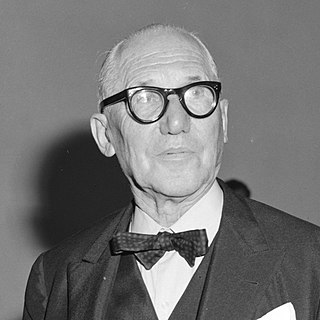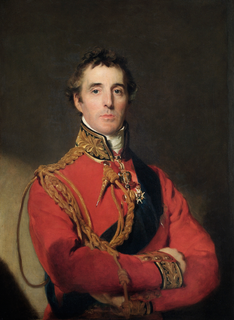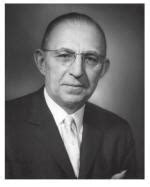A Quote by Michel Foucault
There is a sort of myth of History that philosophers have.... History for philosophers is some sort of great, vast continuity in which the freedom of individuals and economic or social determinations come and get entangled. When someone lays a finger on one of those great themes--continuity, the effective exercise of human liberty, how individual liberty is articulated with social determinations--when someone touches one of these three myths, these good people start crying out that History is being raped or murdered.
Related Quotes
I've benefited greatly from studying many effective people from history. Among those who've influenced me the most are Ronald Reagan, Theodore Roosevelt, and Winston Churchill. Each of the three altered history; each was self-created to a great extent; and each was a great student of history and leadership.
Actually, the highest form of human organization is not realized in the democratic individual. It is realized in a dimension none of us have ever penetrated, which is the mind of the species, which is actually the hand at the tiller of history. . . . It is an organized entelechy of some sort, and human history is its signature on the primates.
It is thus hardly surprising that so many of the great minds in recent history have concerned themselves with economic matters. Indeed, they have come to regard economic theory in precisely the same way the ancient philosophers viewed the heavens - as the key to understanding and controlling our fate.
The history of a battle, is not unlike the history of a ball. Some individuals may recollect all the little events of which the great result is the battle won or lost, but no individual can recollect the order in which, or the exact moment at which, they occurred, which makes all the difference as to their value or importance.
I am opposing it with an idea of the history of philosophy as a history of philosophers, that is, a history of mortal, fragile and limited creatures like you and I. I am against the idea of clean, clearly distinct epochs in the history of philosophy or indeed in anything else. I think that history is always messy, contingent, plural and material. I am against the constant revenge of idealism in how we think about history.
The question of whether world peace will ever be possible can only be answered by someone familiar with world history. To be familiar with world history means, however, to know human beings as they have been and always will be. There is a vast difference, which most people will never comprehend, between viewing future history as it will be and viewing it as one might like it to be. Peace is a desire, war is a fact; and history has never paid heed to human desires and ideals.
We have come to world leadership because our people have had the opportunity to develop this nation under a government and a Constitution that gave them political freedom and encouraged initiative, enterprise, responsibility, industry and thrift. Freedom and achievement are not unrelated. This nation has become one of history's finest illustrations of how a people can enrich life and raise their whole level of economic well-being when they are given justice, liberty and incentive.
I don't even know in American educational history classes how much of D-Day, World War II, all of that is taught versus how much of it is just ignored or looked back on with mockery or insincerity or what have you. But it was one of the most crucially important events in all of human history in terms of the preservation of freedom and liberty and the notion of democracy and things associated with it.
The liberty I mean is social freedom. It is that state of things in which liberty is secured by the equality of restraint. A constitution of things in which the liberty of no one man, and no body of men, and no number of men, can find means to trespass on the liberty of any person, or any description of persons, in the society. This kind of liberty is, indeed, but another name for justice.







































